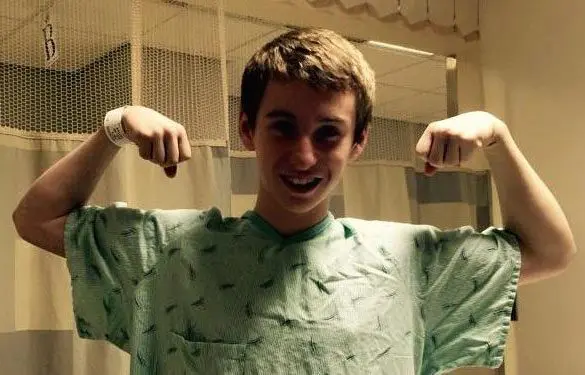Surgery to remove the tumor is the only treatment that has been statistically proven to extend life. When the tumor cannot be removed completely, systemic therapies, such as chemotherapy, targeted therapy and immunotherapy, as well as other local therapies, including radiation therapy and interventional radiology techniques are often used as treatments. Systemic treatments refers to drugs or therapies that can affect the entire body, reaching tumors or cancer cells wherever they are located. Local treatments address the cancer in a specific location.

Beyond surgery, there is currently no clinically-proven “standard of care” for the disease, so non-surgical therapies can vary considerably from patient-to-patient and institution-to-institution. Because FLC is so rare, it has been difficult for investigators to complete the clinical studies that are necessary to document the benefit of different systemic treatments. Nevertheless, due to rapid developments in targeted therapy and immunotherapy, and increased FLC research efforts, treatment options for FLC patients have been expanding. The search for new curative therapies is actively underway.
There are many approaches currently being used to treat fibrolamellar carcinoma. Each person’s treatment plan is unique, depending on the size, number and location of tumors; the general condition of their health; their age; plus whether the goals for the treatment are to cure the disease, extend life or alleviate symptoms. It’s important that patients have confidence in the treatment plans their doctors suggest, so patients should feel free to get a second – even a third – opinion before proceeding with treatment.
In addition, the concept of “precision medicine” is becoming increasingly important. Precision medicine tailors treatments based on the specific genes, proteins and other substances in an individual patient’s body. Clinical care teams are increasingly using powerful molecular assays, bioinformatics and machine learning (provided by companies including Tempus, Caris, BostonGene, and Pangea Biomed) to identify specific characteristics of patients’ tumors and guide treatment selection.
Treatment options for FLC include:
- Surgery
- Chemotherapy
- Targeted therapy
- Immunotherapy
- Interventional radiology
- Radiation
- Palliative care
Please note: The Fibrolamellar Cancer Foundation does not provide medical advice or recommend any specific organizations or services. We provide website users with information to help them better understand their health conditions and current approaches to the diagnosis and treatment of FLC. Always seek the advice of your physician or other qualified healthcare providers.
